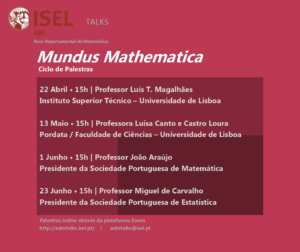|
INVITED SPEAKERS
[Keynote] Manuela Veloso, Carnegie Mellon University, United States of America
[Keynote] Jim Di Carlo, MIT McGovern Institute, United States of America
[Keynote] Anthony Zador, Cold Spring Harbor Laboratory, United States of America
Andreas Tolias, Baylor College of Medicine, United States of America
Blake Richards, McGill University, Canada
David Sussillo, Stanford University, United States of America
Ero Simoncelli, New York University, United States of America
Jane Wang, Deepmind, United Kingdom
Kim Stachenfeld, Deepmind, United Kingdom
Konrad Kording, University of Pennsylvania, United States of America
Matthias Bethge, University of Tübingen, Germany
Odelia Schwartz, University of Miami, United States of America
Terry Sejnowski, Salk Institute for Biological Studies, United States of America
Valerio Mante, ETH Zurich, Switzerland
Walter Senn, University of Bern, Switzerland
Yulia Sandamirskaya, University of Zurich and ETH Zurich, Switzerland
Jakob Macke, University of Tübingen, Germany
Ana Paiva, Instituto Superior Técnico, University of Lisbon, Portugal
Mihaela van der Schaar, University of Cambridge, United Kingdom
Peter Dayan, The Max Planck Institute for Biological Cybernetics and the University of Tübingen, Germany
Ida Momennejad, Microsoft Research, United States of America
Anna Kreshuk, EMBL Heidelberg, Germany
Demba Ba, HarvardSEAS, United States of America
|



